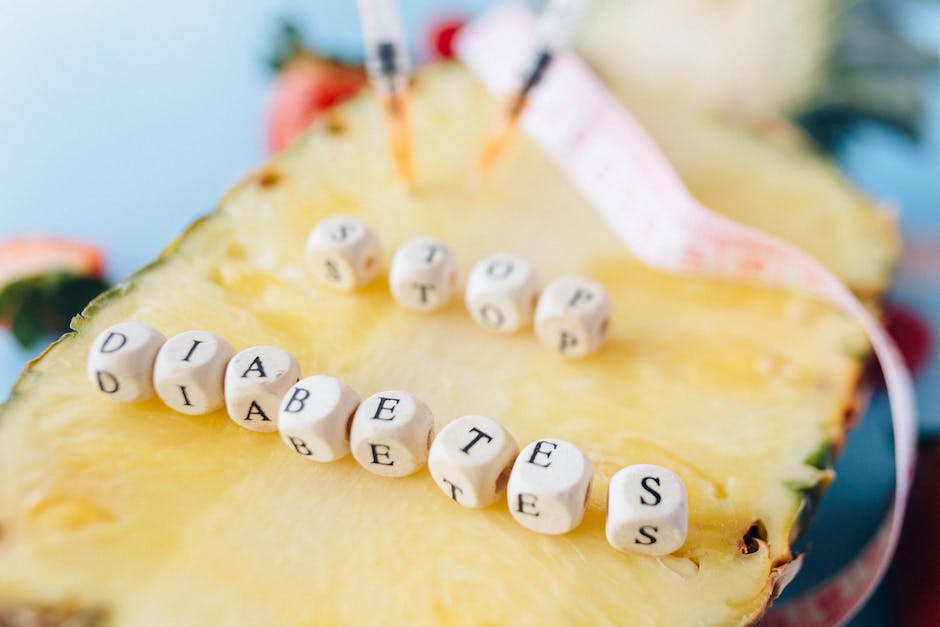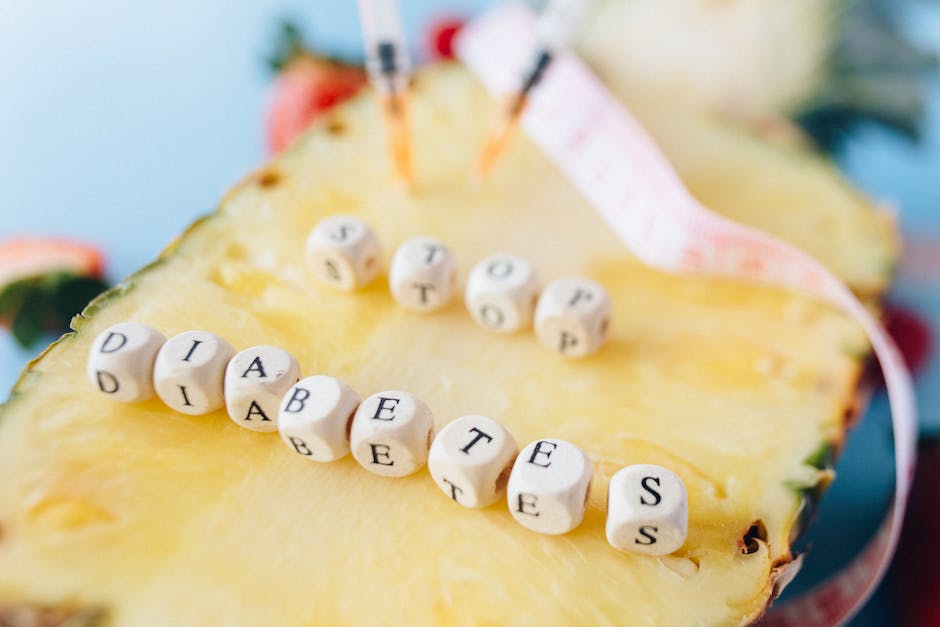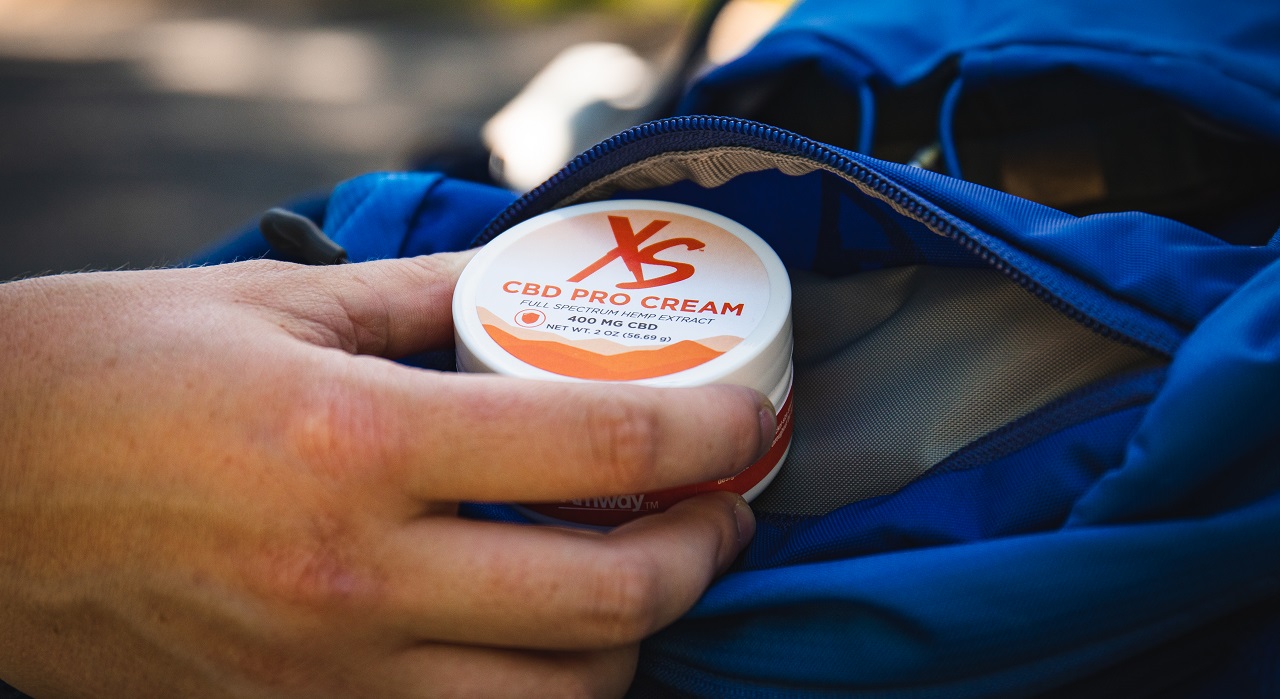Can CBD cause blood clots? Cannabidiol (CBD) is a compound found in the hemp plant. CBD is thought to have many health benefits, but it is still under study. Some preliminary research suggests that CBD may help reduce anxiety, improve sleep, and reduce pain. However, CBD is also known to interact with certain medications, and it may increase the risk of bleeding. Therefore, it is important to talk to a healthcare provider before taking CBD, particularly if you are taking blood thinners or other medications.
CBD can cause blood clots by affecting how the body produces and uses Platlets. Platlets are small cells that help the blood to clot. When Platlets are not working properly, they can cause excessive bleeding or cause blood clots to form.
Does CBD cause blood clotting?
CBD may have an anticoagulant effect by suppressing production of blood platelets. This could be a concern for people with a bleeding disorder. More research is needed to confirm this effect.
CBD can increase the level of blood thinning and other medicines in your blood by competing for the liver enzymes that break down these drugs. Grapefruit has a similar effect with certain medicines. People taking high doses of CBD may show abnormalities in liver related blood tests.
Can I take CBD oil with a blood thinner
If you are taking a blood thinner, it is important to be aware that the use of CBD may alter the metabolism of the medication. Taking CBD with warfarin may lead to an increased risk of bleeding. It is important to speak with your healthcare provider before taking CBD if you are taking a blood thinner.
CBD might increase levels of warfarin, which can increase the risk for bleeding. CBD and/or warfarin might need to be stopped, or the dose might need to be reduced.
Does CBD oil clog arteries?
CBD has been shown to have a direct effect on the arteries, helping to reduce inflammation and improve blood flow. This suggests that CBD could help to prevent heart failure by reducing inflammation in the arteries and blood vessels.
CBD oil has been shown to have a number of potential health benefits, but there is no evidence that it can treat DVT specifically. While CBD oil may help to reduce inflammation and pain, it is not a cure for DVT. If you are suffering from DVT, it is important to see a doctor for treatment.
When should you not take CBD?
CBD is generally considered safe, however it may cause side effects such as drowsiness, lightheadedness, nausea, diarrhea, and dry mouth. In rare instances, it may also damage the liver. If you are taking other medications that have similar side effects, taking CBD may increase the risk of unwanted symptoms or toxicity.
CBD has been shown to interact with a variety of anticonvulsant, sedative, and narcotic drugs. This may cause increased side effects or decreased efficacy of these medications. If you are taking any of these medications, it is important to talk to your healthcare provider before starting or stopping CBD.
Do cannabinoids thin your blood
Weed has been shown to work as a blood thinner in some cases. This is likely due to the fact that it can lower blood pressure and slow the heart rate. These effects may be helpful in preventing strokes and other blood clots. In addition, weed may also improve the flow of blood by thinning the blood.
CBD, or cannabidiol, is a compound found in cannabis and hemp. Unlike THC, CBD does not produce a high or intoxication. However, CBD can produce some notable effects, such as reducing anxiety, relieving pain, and improving sleep.
CBD remains in the body for an extended period of time, which means that it can build up in the system over time. The length of time that CBD stays in the body depends on a variety of factors, including the dosage, frequency of use, and method of consumption.
Generally, when CBD is taken orally, it has a half-life of around 11-28 days. This means that, on average, it will take around 11-28 days for the CBD to be completely eliminated from the body. However, there is some variation from person to person, and some people may find that CBD stays in their system for a shorter or longer period of time.
If you are taking CBD regularly, it is important to be aware that it could build up in your system over time. If you stop taking CBD, it will eventually be completely eliminated from your system.
Is CBD okay for heart?
CBD has been shown to have anti-inflammatory and antioxidative properties, which may be able to reduce risk factors that can lead to heart disease, like high blood pressure. It may also be able to reduce the risk of related conditions, like stroke. CBD may be a effective way to reduce the risk of heart disease and related conditions.
CBD oil may help improve heart-related symptoms, according to some research. A small study conducted in 2017 found that CBD improved resting blood pressure and blood pressure spikes related to stress in people without heart conditions. However, more research is needed to determine the effects of CBD on heart health.
Can someone with heart problems take CBD
There is still not enough evidence available to recommend that patients with heart disease take CBD. The analysis was presented at ACC Latin American 2022 Together with CardioAcademic, a two-day event hosted by the American College of Cardiology (ACC).
There are a variety of blood-thinning medications available, each with its own advantages and disadvantages. The most common blood-thinning medications are aspirin, warfarin (Coumadin), and heparin. Aspirin is the most affordable and easily accessible blood-thinning medication, but it has a higher risk of causing bleeding. Warfarin is more effective than aspirin in preventing blood clots, but it requires more frequent monitoring and has a higher risk of serious side effects. Heparin is the most effective blood-thinning medication, but it must be given intravenously and has a higher risk of bleeding.
No matter which blood-thinning medication is used, it is important to monitor for side effects and bleeding. The most common side effect of blood-thinning medications is bleeding. Bleeding can range from a minor nuisance to a life-threatening emergency. Monitoring for bleeding is especially important in people who are at high risk for bleeding, such as those with a history of ulcers or gastrointestinal bleeding.
What stops clots naturally?
Natural blood thinners are substances that can help reduce the risk of blood clots. Some examples of natural blood thinners are turmeric, ginger, cayenne peppers, vitamin E, garlic, and cassia cinnamon. `
Thrombolytics are drugs that help to dissolve blood clots. They may be given intravenously by a doctor, or may be delivered directly to the clot site via a catheter. While thrombolytics can help to reduce the risk of further clotting, they can also increase the risk of bleeding. Patients should speak to their doctor about the risks and benefits of thrombolytic therapy before starting treatment.
Do you take CBD every night
Yes, daily use of CBD oil can help to prevent and manage symptoms of various conditions. For example, CBD oil can help to soothe your nervous system, and it is easier to prevent a symptom from escalating than it is to try to manage a severe flare-up. If you are taking CBD oil for chronic pain, frequent anxiety, or trouble sleeping, using it on a daily basis can help to improve your overall health and well-being.
The FDA is warning people that taking CBD could potentially cause liver damage. The agency noted that higher doses of CBD that a person takes without medical supervision could lead to liver injury.
Do you need to take a break from CBD
It’s possible to build up a tolerance to CBD, like many other drugs and chemicals. So if you find that it’s not working as well after a while, try taking a few days’ break to reset your system before starting with a low dose again.
It’s important to be aware that CBD can cause side effects, and that it can interact with other medications. Be sure to talk to your doctor before taking CBD, to make sure it’s safe for you.
Can you take ibuprofen or Tylenol with CBD
You should avoid using cannabidiol and other medications that can affect the liver together. If you must use them together, be sure to monitor your liver function closely.
Cannabinoids are compounds found in marijuana that can have an impact on the pressure in the eye. THC, the primary psychoactive compound in marijuana, has been shown to increase intraocular pressure (IOP), which can contribute to the development of glaucoma. CBD, another cannabinoid, has been shown to decrease IOP, which may help protect against the development of glaucoma.
Warp Up
CBD can thin the blood, which may lead to increased risk of bleeding and blood clots.
More research is needed to determine whether or not CBD can cause blood clots. However, it is possible that CBD could increase the risk of blood clots, so people who are taking medications that increase the risk of blood clots should avoid taking CBD.



